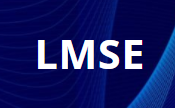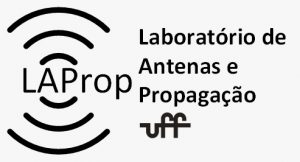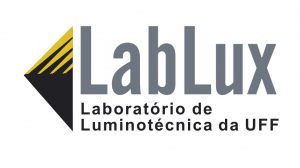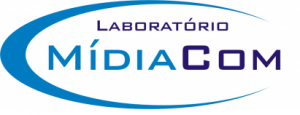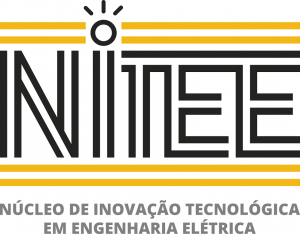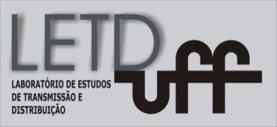Presentation
The Postgraduate Program in Electrical and Telecommunications Engineering (PPGEET), reformulated in 2013 from the Postgraduate Program in Telecommunications Engineering, is recognized by the Ministry of Education – MEC and evaluated by the Coordination for the Improvement of Higher Education Personnel – CAPES. Its faculty is currently formed by 26 permanent doctors, graduated in Brazil and 2 collaborating doctors. The program has the support of CAPES, CNPq, FAPERJ, in the form of scholarships and research projects. In addition, several projects have been developed by researchers and students with the support of ANEEL, Furnas Centrais Elétricas, Petrobras, LIGHT S.A., RNP, FIRJAN, ENEL, among others.
Coordinator
Vitor Hugo Ferreira
Sub-coordinator
Andres Pablo Lopez Barbero
News
History
Postgraduate activities linked to PPGEET started in 1984, with the offering of the Specialization Course in Optical Fibers (lato sensu postgraduation) in the Telecommunications Engineering Department (TET-UFF), a pioneering initiative even on a national basis. The success of the course led to its reissue in several successive versions until the mid-1990s. The Postgraduate Program in Telecommunications Engineering at UFF – PET was created in 2004, with a concentration area in “Telecommunications Systems”, recognized by the Education Ministry – MEC and evaluated by Coordenadoria de Aperfeiçoamento de Pessoal de Ensino Superior – CAPES.
In 2012, a program restructuration began, which, in 2013, started to cover another concentration area : “Electric Energy Systems”. The reformulation was approved by CAPES, resulting in an initial group of thirteen permanent professors and called the Posgraduate Program in Electrical and Telecommunications Engineering – PPGEET. In 2018, the APCN proposal for a PhD course in Electrical and Telecommunications Engineering was approved by CAPES.
Thus, the program, throughout its history, aims to encourage last new research and the qualified electrical and telecommunications engineering professionals training with a Master’s and Doctorate level.
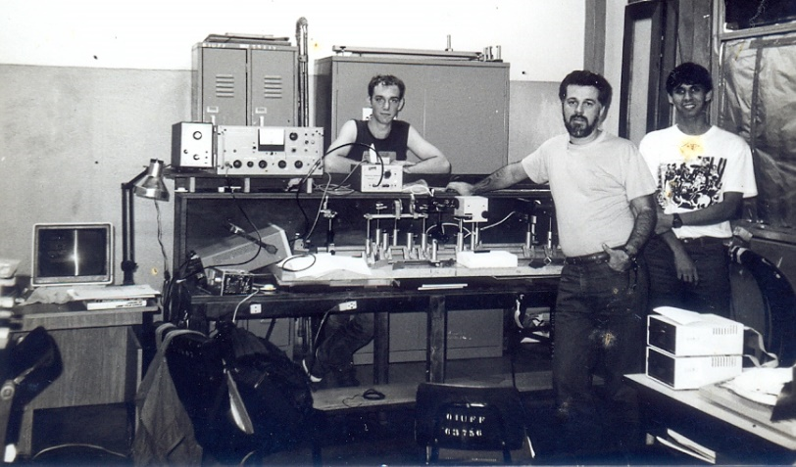
Fibers Optical Laboratory of TET/UFF in 1988, one of the initiatives that gave rise to PPGGET. In the photo, professor Hypolito José Kalinowski as leader of professors. Andrés Pablo Lopez-Barbero and Tarcísio Martins Dantas, as Scientific Initiation students. On the bench, a tube lock-in amplifier, from the mid-1950s, a photoelastic modulator controller and Apple IIe computers, which allowed digitizing signals through the joystick port (analog).
Research Areas
Master’s course activities are concentrated in two areas
Telecomunication Systems
The general objective is to study the different aspects related to optical communication systems and sensors to optical fibers. Specifically, through studies, experiments and numerical modeling, which complement each other harmoniously, we have been working on the following themes: optical systems with silica fibers, systems for short distances based on plastic optical fibers, optical amplifiers, devices with plastic optical fibers , optical fiber sensors, as well as the related and established technologies integration such as optical-acoustic and MicrowavePhotonics. In addition, the Research Line team has acquired competence in equipment development with microprocessed embedded electronics.
Electric Energy Systems
This line of research is dedicated to the study of electrical power system problems, through mathematical models and computational implementation, that is, it promotes new algorithms, numerical methods, computational models, criteria, procedures and simulation techniques, seeking new and better solutions development that optimize economic, social, adequacy, safety, quality and continuity aspects related to electrical systems. It is focused on the use of tools, such as optimization techniques, computational intelligence, machine learning and metaheuristics. Currently, as research projects in development can be cited: development of forecasting methods to aid decision making in the horizons of planning the expansion and electrical systems operation; impact studies of the insertion of new generation sources in the system; operating conditions studies of the system through the analysis and relevance variables monitoring to the electrical system, including control techniques and state estimation; computational developments of analysis and modeling methodologies focused on dynamics and control, electromagnetic transients, subsynchronous resonance, harmonic distortion or voltage stability; simulations involving dynamic phasors; studies of the dynamic performance of FACTS and Direct Current links (HVDC), including adverse interactions analysis, coordinated adjustment and multiple feeds HVDC problem (multi-infeed); high performance computing in the simulation of power systems; use of phasor measurement units (PMU).
Laboratories
The Program’s infrastructure comprises laboratories used by researchers, master’s students and undergraduate students to carry out various projects and related demands. Among these, the following stand out:



